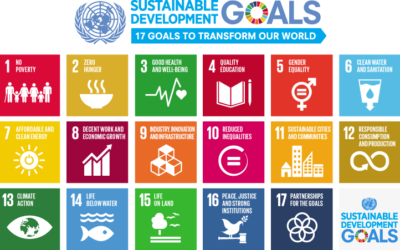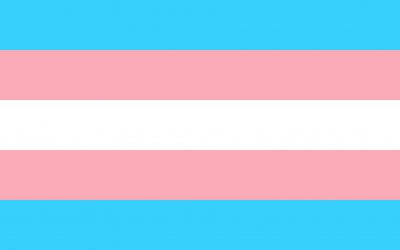Гендерна справедливість має лежати в основі бізнесу та прав людини. Жінки часто отримують нижчу оплату праці та гірше ставлення; жінки часто позбавлені права власності на землю та позбавлені власності; напади на жінок, які протистоять бізнесу, який порушує права людини, зростають. Водночас, самі жінки є важливою частиною рішення: наприклад, їхня боротьба за гідну роботу та прожитковий мінімум сприяє багатьом іншим ключовим правам, таким як житло, право на охорону здоров’я та освіту. Жінки також організовані – наприклад, навколо дискримінації в оплаті праці, #MeToo на робочому місці та навколо прав на землю.
Особи будь-якої статі можуть зіткнутися з дискримінацією через свою ідентичність; це включає осіб, які є трансгендерами, які не є бінарними та/або не відповідають традиційним гендерним ролям.
Зростає увага до забезпечення гендерної рівності в бізнесі та правах людини. Хоча це надихає, важливо, щоб цей рух визнавав і цінував голоси та лідерство жінок, а також пояснював їх численні ролі як захисниць прав людини, виробників продуктів харчування, працівниць та осіб, які здійснюють догляд.
Для більш детальної інформації завітайте до гендерного порталу Ресурсного центру з бізнесу і прав людини.










